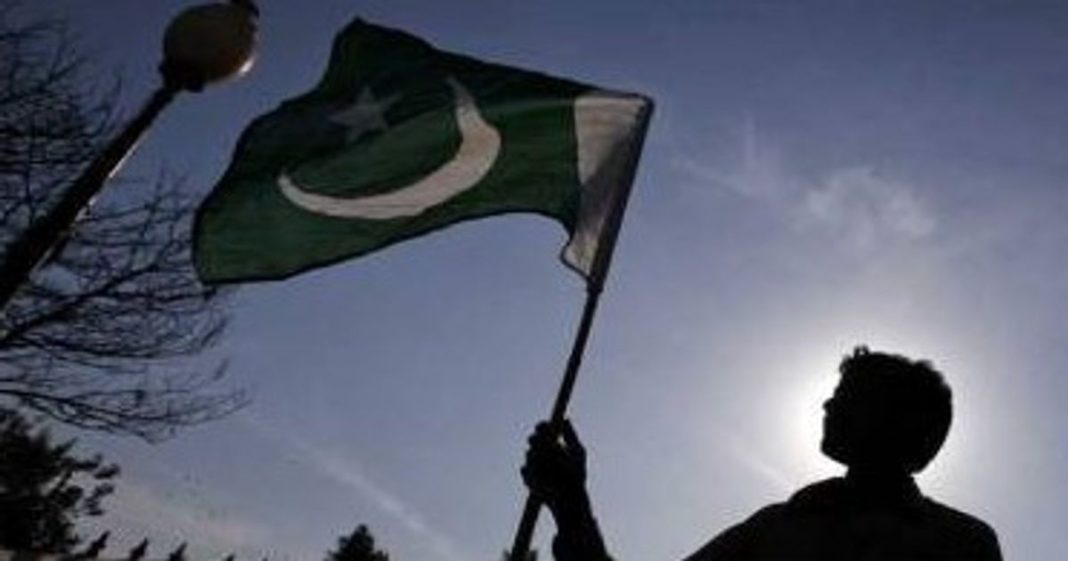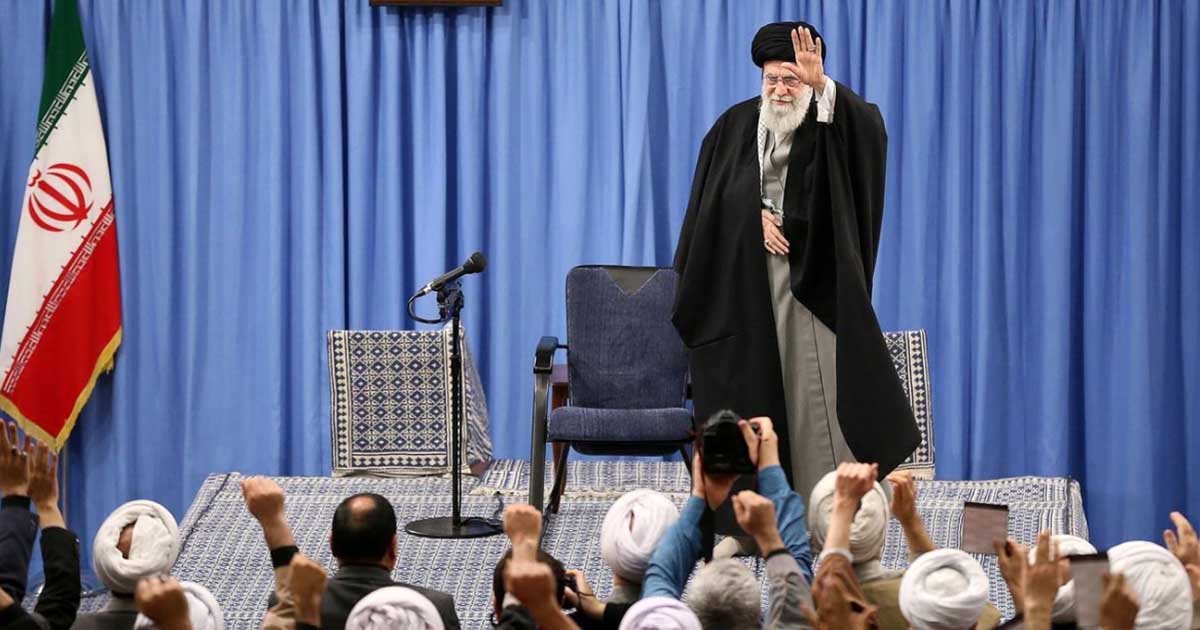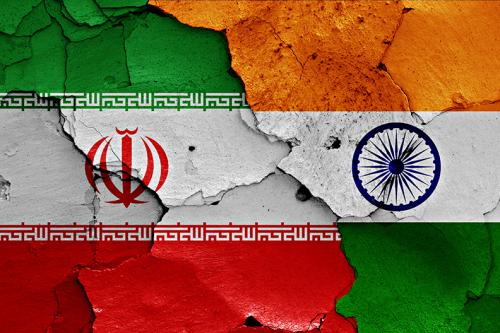General Tariq Khan has written a very interesting and moving article on the current situation in Pakistan. He has identified the problems in our society and polity with remarkable precision and he deserves to be lauded for it. However, his proffered solutions are somewhat problematic as well. Technocratic governments, small cabinets, military/judicial oversight, management of religion, industrial reforms directed from above, etc. All this appeared eerily familiar to me. It reminded me of a patriotic Pakistani army officer sitting inside London’s Dorchester Hotel on a quiet night in 1954. He formulated an almost identical program for solving similar problems (though less daunting in intensity and scope at that time) of corruption and “democratic” politics. Fate gave him a chance to put this plan into action.
For some years, it went really well. Then, the enterprise began to collapse. With the collapse of that grand enterprise, the country itself collapsed soon in a gory cataclysm of fratricide, defeat, destruction, and division. Many people still admire Ayub Khan (particularly in the present) but they forget what made his enterprise fail. The success of Ayub’s regime early on is much more astonishing than its predictable downfall. Ayub relied on a single institution for power and legitimacy and took too much responsibility for himself without creating an efficient system that could produce future (and present) leaders. He relied too much on charlatans like Bhutto and sycophants like Munim Khan.
Read more: Consequences of US-NATO military intervention in Libya
The system he created had no depth, as it had no ideological roots
Without deep and sustainable ideological roots, Ayub could never have created the revolution he wanted to create. What passed for ideology under Ayub was an idiosyncratic cheap copy of Western nationalism. Islam was deemed too dangerous by Ayub to serve as the basis of that nationalism, and this put the seal of failure on his system. His hackneyed nationalism and system could only survive as long as material conditions consistently kept on improving. But the “independent” foreign policy that Ayub coveted made consistent material improvement impossible. After all, privation is a necessary element of every successful revolution. But Ayub’s “revolution” (he did call it that!) was only a façade.
The reality was a military dictatorship divorced from both the ideology and the people. That’s why the people ditched the system at the first hint of economic decline in the late 1960s and started chanting “Ayub Kutta haye haye”. That was why East Pakistani secessionist sentiment burgeoned under Ayub’s rule despite the fact that he brought great economic growth to that province and markedly lessened the inter-wing disparity in the military, administration, economy, and industry.
With due respect to General Tariq Khan, his “solution” will cause an even bigger disaster in the long run than in 1971 because the problems of today are much graver and the faultlines run much deeper than in 1954. Of course, he hasn’t written that the military would dictate his “solution” but it is obvious. After all, God won’t direct these changes by decree! Only a powerful organization can force these changes. Today, there’s only one in the country who has enough power to smother the politicians and initiate these “reforms”. And that organization follows a linear hierarchy with a single person at the apex. Short-cuts like this have also been tried in the past and found very damaging.
Read more: A history of civil-military interventions in Pakistan
General Tariq Khan is right in saying that we need Change and avoidance of repetition. I agree.
We need a new solution. A solution that hasn’t been tried in Pakistan but has been tried successfully elsewhere. The solution is that an unabashedly ideological political organization leads the nation to independence, self-reliance, and progress after braving myriad obstacles and hardships. The path to national honor, after all, is littered with sacrifices willingly paid. We know that Mao Tse Tung declared the victory of the Chinese Revolution at the Tiananmen Gate on 1 October 1949 but how many of us know that he lost his wife, two brothers, and many children in the process? We are fond of using (and abusing) the term “Long March” but how many among us know that in the original Long March led by Mao only 7000 out of 100,000 succeeded in reaching the destination!
But a strong political organization staffed by learned individuals ready to sacrifice. need a truly ideologically committed political leadership. For Pakistan, the only unifying ideology is Islam and hence that will be our ideology. As for sects/factions, there were more factions among leftists/communists in pre-revolutionary Russia and China.ce their all (and I mean ALL) is the only device that would do the trick. Only that organization can galvanize the nation on the basis of ideology. Only that leadership can attain the popularity required to be lauded by the people even as the country faces immense economical hardship which will essentially come as we try to build Pakistan anew according to Iqbal’s vision instead of the Unionist Party’s vision (slave to the West, tyrant at home) which the country has followed until now.
Read more: The 20th anniversary of US military intervention in Afghanistan
“We will certainly test you with a touch of fear and famine and loss of property, life, and crops. Give good news to those who patiently endure.” (Al-Baqarah:155)
Let all our energies be directed towards creating such an organization from scratch because this is the only thing that might just save Pakistan from ignominy and oblivion!
The writer is a doctor and an avid reader of history. His columns have been published in the Urdu daily “Nawa-e-Waqt” and “Global Village Space”. He also runs a social media channel “Tarikh aur Tajziya” which is dedicated to the study of history and current affairs. Currently, he heads the India Desk at South Asia Times, Islamabad.
The views expressed in this article are the author’s own and do not necessarily reflect the editorial policy of Global Village Space.














